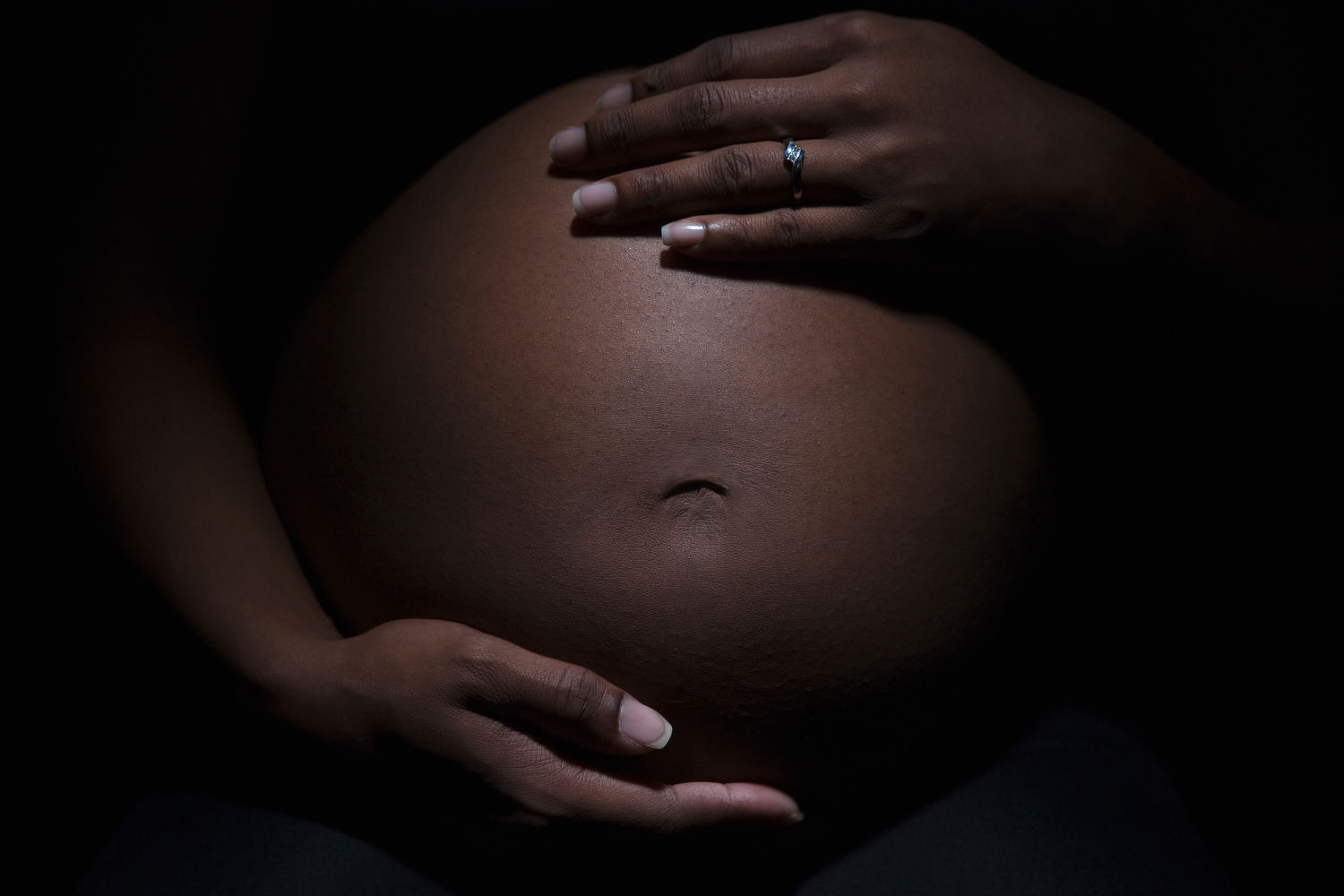An Ohio woman who faced a felony chargeafter she miscarried at home will not be charged, a grand jury decided Thursday.
Brittany Watts, 34, had been charged with abuse of a corpse after she miscarried into a toilet on Sept. 22 at her home in Warren, some 60 miles south of Cleveland. Her case has drawn international attention and fears among reproductive rights experts who see it as a dangerous precedent in post-Roe America.
A Trumbull County grand jury decided against indicting Watts on the abuse of corpse charge on Thursday afternoon, the Trumbull County Prosecutor’s Office said in a statement to NBC News.
Watts, who is Black, was charged under a section of Ohio law that penalizes treatment of a human corpse in a “way that the person knows would outrage reasonable family sensibilities” or “community sensibilities.”
The charge is a felony in the fifth degree and, if convicted, Watts faced up to a year in prison and a $2,500 fine.
The grand jury had been deciding if there was enough evidence for the felony indictment after Judge Terry Ivanchak ruled there was “probable cause” to find her guilty, according to the Trumbull County prosecutor.
“The issue isn’t how the child died or when the child died. It’s the fact that the baby was put into a toilet large enough to clog up the toilet, left in that toilet, and she went on her day,” Warren Assistant Prosecutor Lewis Guarnieri said during a preliminary hearing.
A statement on a GoFundMe set up for Watts said “she did the same thing that many women who miscarry at home do. Brittany went into her bathroom, miscarried into her toilet, and flushed.”
Watts’ attorney, Traci Timko, had argued that there is no law in the state that requires a woman who has a miscarriage to bury or cremate those remains.
“This miscarriage took place in her home, on the toilet. Ms. Watts learned days before this that a miscarriage was inevitable and that the fetus could not survive outside the womb due to gestational age,” Timko said in a statement in December. “The medical examiner testified at a preliminary hearing that this fetus died in utero and showed no signs of injury.”
“Rather than focusing on healing physically and emotionally, she was arrested and charged with a felony and is fighting for her freedom and reputation,” Timko said in the statement.
The Warren Police Department said in a statement last month that it received a call about the incident from the hospital where Watts had been admitted after the miscarriage. The department investigated it and consulted with prosecutors in the Warren Municipal Court.
“They allowed the charge to be filed. A preliminary hearing was held on this case and the Judge determined there was probable cause to send this case to the Trumbull County Grand Jury for review,” Police Chief Eric Merkel said in the statement.
According to a report from the Trumbull County Coroner’s Office, Watts was admitted into St. Joseph’s Hospital, a Catholic hospital in Warren, Ohio, at 21 weeks and 5 days pregnant on Sept. 19 for vaginal bleeding. Hospital staff found that her water had broken prematurely and that she had “severe oligohydramnios,” or low amniotic fluid, the report said. Miscarriage is among the complications that can occur from oligohydramnios, according to the Cleveland Clinic.
“Although a fetal heartbeat was found, it was recommended by medical staff that an induction occur of the nonviable fetus,” the report said.
According to the report, Watts left the hospital. Her lawyer previously told The Associated Press that she left after waiting eight hours for care and that the delay was because hospital officials were deliberating whether it was legal to induce labor. In Ohio at that time, abortion was legal in the state through 21 weeks and six days.
The coroner’s report said that Watts went back to the hospital on Sept. 20 and again left without treatment.
After her miscarriage, Watts went back to St. Joseph’s Hospital “for vaginal bleeding after a home delivery without hemorrhage,” the coroner’s report said.
The coroner’s report found that the fetus had died in utero.
Since the fall of Roe, nearly two dozen states have enacted laws that restrict or ban abortion and give prosecutors authority to bring charges against those who provide the procedures, in some cases even for fetuses with life-threatening abnormalities.
About 10%-20% of known pregnancies end in miscarriage, according to the Cleveland Clinic, although the number is likely higher as many miscarriages occur before people realize they are pregnant. Studies have also shown that Black women are disproportionately criminalized while pregnant.
Source: | This article originally belongs to Nbcnews.com









